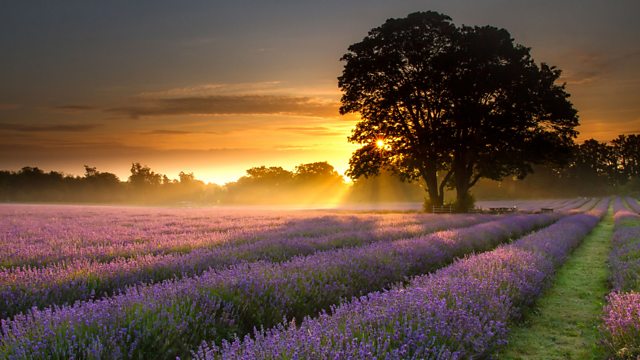Bishop Richard Harries - 15/11/2024
Thought for the Day
Good morning. The President of Azerbaijan, the host of this weeks Cop 29 conference described his county’s natural resources, oil and gas, as a ‘gift from God’. This has caused some surprise and dismay. First, it is very unusual for such specifically religious language to be used in a secular setting. Secondly, because the whole point of COP 29 is to speed up the transition away from oil and gas to renewable energy. Theists of all kinds would certainly affirm that natural resources are a gift of God-but that itself does not tell us if and how they are to be used. Coal might have been a gift to fire the industrial revolution, but the right thing to do with that gift now is to leave it in the ground.
Behind the great drive to save our planet from destruction and to preserve species that are dying out is a hidden but profound theological truth: the value of creation in and for itself and the preciousness of every species within it. When I was a boy there was a field next door to our school that seemed full of fluttering butterflies all summer long, indeed so many were there that we thought nothing of trying to make a collection of them. Now with the terrible decline in their numbers we delight to see a single one. It seems rare and precious, of value in and for itself as a work of singular mystery and beauty. And in that connection there was one really good story this week.35 years ago a farm was ‘accidently rewilded’. Now it has become the home to many threatened species including turtle doves, warblers, 11 bat species, orchids and butterflies. £1.5 millions pounds has just been raised by crowd funding to purchase it for the Wildlife Trust.
On a larger scale the drive to stop the planet heating up by reducing carbon dioxide emissions is not just to stop the increasing number of adverse weather conditions-it is to make sure the earth is here and habitable for future generations-and the implication of this is that life on earth is the most precious gift of all.
R. S. Thomas has a poem in which a man looks down on a valley, sees a stream shining, and hears children’s voices. Although he is old and death is near he notices the herbs growing in his garden and a kestrel flying by. He smells scents in the wind. It ends with the words ‘It is well’ and the poem is called simply ‘Good’ It is an echo of the wonderful affirmation that runs through the story of creation in the first book of the bible. God saw what he had made and ‘it was very good.’
Duration:
This clip is from
More clips from Thought for the Day
-
![]()
Rev Lucy Winkett - 09/10/2025
Duration: 03:11
-
![]()
Vishvapani, a member of the Triratna Buddhist Order - 08/10/2025
Duration: 02:54
-
![]()
Rabbi Laura Janner Klausner - 07/10/2025
Duration: 02:58
-
![]()
Jasvir Singh, CBE - 06/10/2025
Duration: 02:57






